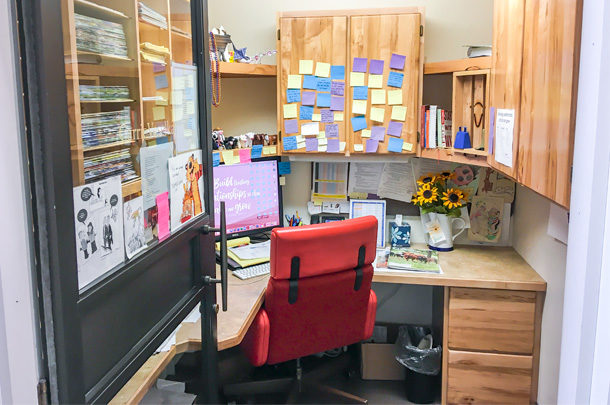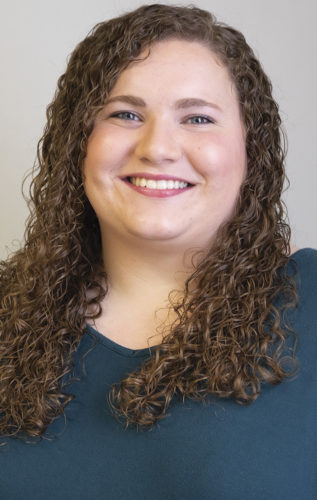I am typically able to attend a few large cattle events every year, like the Cattle Industry Convention and NCBA Trade Show or Texas A&M University’s Beef Cattle Short Course, where I see several thousand cattlemen and women talking and laughing and carrying on as if they just couldn’t get enough of each other while enjoying all the dinners, concerts and social events that go along with the learning and trade show opportunities.
I, on the other hand, feel shaky inside every time I walk through the trade show doors or into a conference room, and by the time the party is over, my worn-out, introverted self is more than ready to crawl back into my shell.
These experiences reinforce what I’ve always thought about cattle people. There seems to be a consensus that most farmers and ranchers are introverted, but as with just about everything in life, personalities aren’t black and white. My theory is that, while most ranchers may be content to spend most of their lives on the ranch, occasionally they like to attend a conference or trade show and expend all their pent-up yen for face-to-face interaction all at once. Maybe they’re as grateful to get home to the peace and quiet as I am.
A little while ago, during one of my many spirals of procrastination, I came across a TED talk from 2012 by author Susan Cain titled, “The power of introverts.” In this talk, Cain shared some of her views on why introverts have so much to contribute to society and the world.
She talks about the shift to what she calls the “new group think” philosophy common in today’s workplaces and schools, where students are seated in groups of desks rather than in rows and how kids are taught to work as a group. “Even in subjects like math and creative writing, which you would think would depend on solo flights of thought, kids are now expected to act as committee members.”
This idea is similarly reflected in the workplace, with a shift toward more open-concept office spaces that look like something from an episode of The Office instead of individual offices or cubicles. I can tell you right now, if I had to work face-to-face with someone else, à la Jim and Dwight, it wouldn’t matter how friendly they were or how noninvasive their breath smelled, I would never get anything done. I would be too self-conscious and busy wishing myself back in my hermit cave to concentrate on work.
Due to the COVID-19 pandemic, that hive-mind mentality hasn’t been easy to keep up. We’ve been asked to work from home, meeting in large groups is discouraged and schools are trying to enact distance learning. In a society already divided on politics, racism, gay rights, abortion, gender equality, religion, trade and economics, and everything else you can imagine, physically dividing us and isolating us in our own homes is only driving wedges in deeper and deeper. Unless we find a way to unify ourselves again, there is a very slim chance we will be able to regain common ground before some irreparable damage occurs.
Now is the opportune time for introverts and other peace-loving souls to step up and quietly bring solutions for positive change. Some of our most inspiring leaders were introverts. Abraham Lincoln, Mahatma Gandhi and Eleanor Roosevelt, among many others, were self-described as quiet and soft spoken but took the lead because they knew they had important work to do, and that made all the difference. “People could feel that these leaders were at the helm, not because they enjoyed directing others, and not out of the pleasure of being looked at,” Cain said. “They were there because they had no choice, because they were driven to do what they thought was right.”
As the world begins to pull itself together again, let’s make sure we are part of that process. Leadership, if done right, is not easy or comfortable, but it can be worth it if you are working toward something you believe in.








